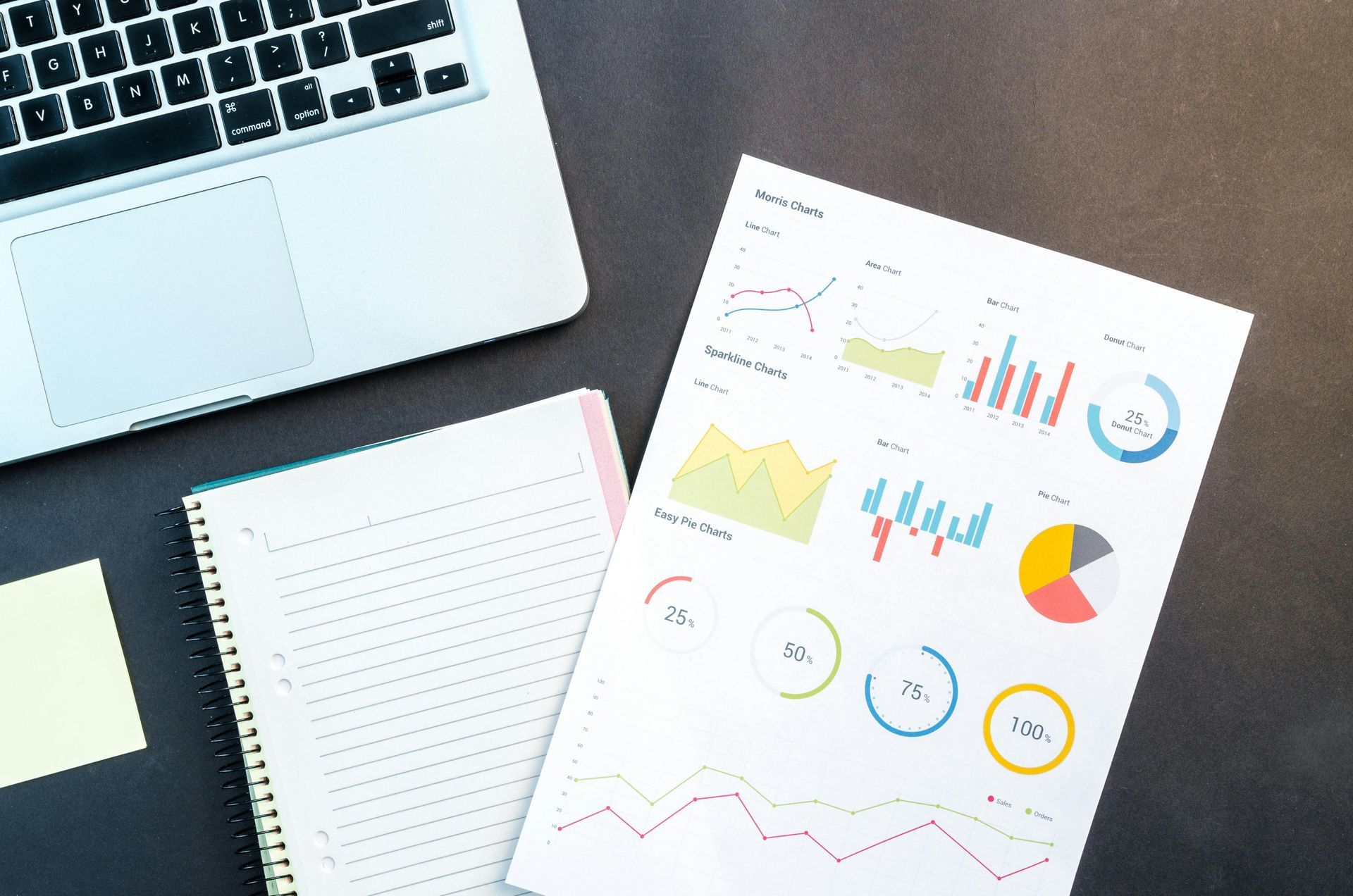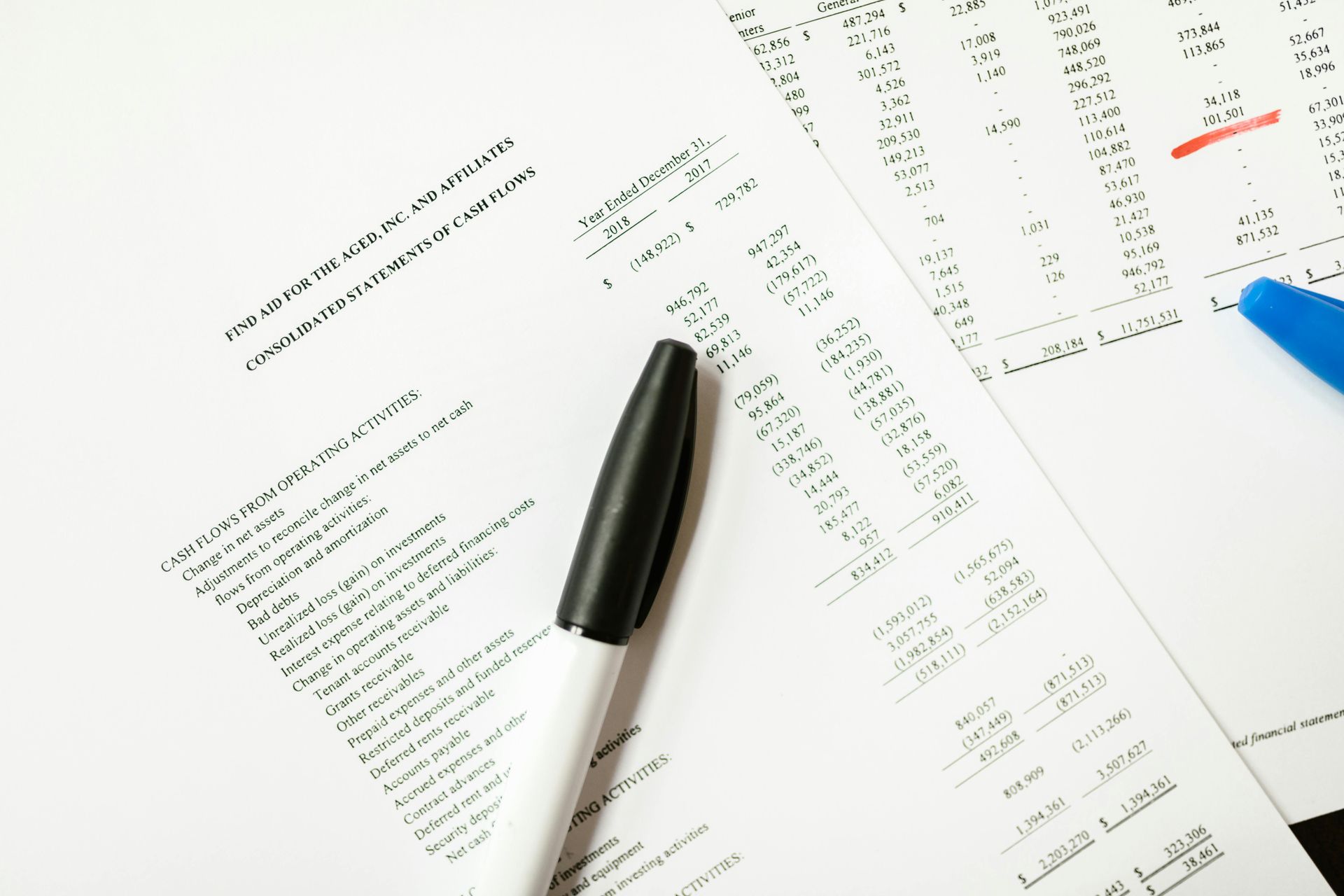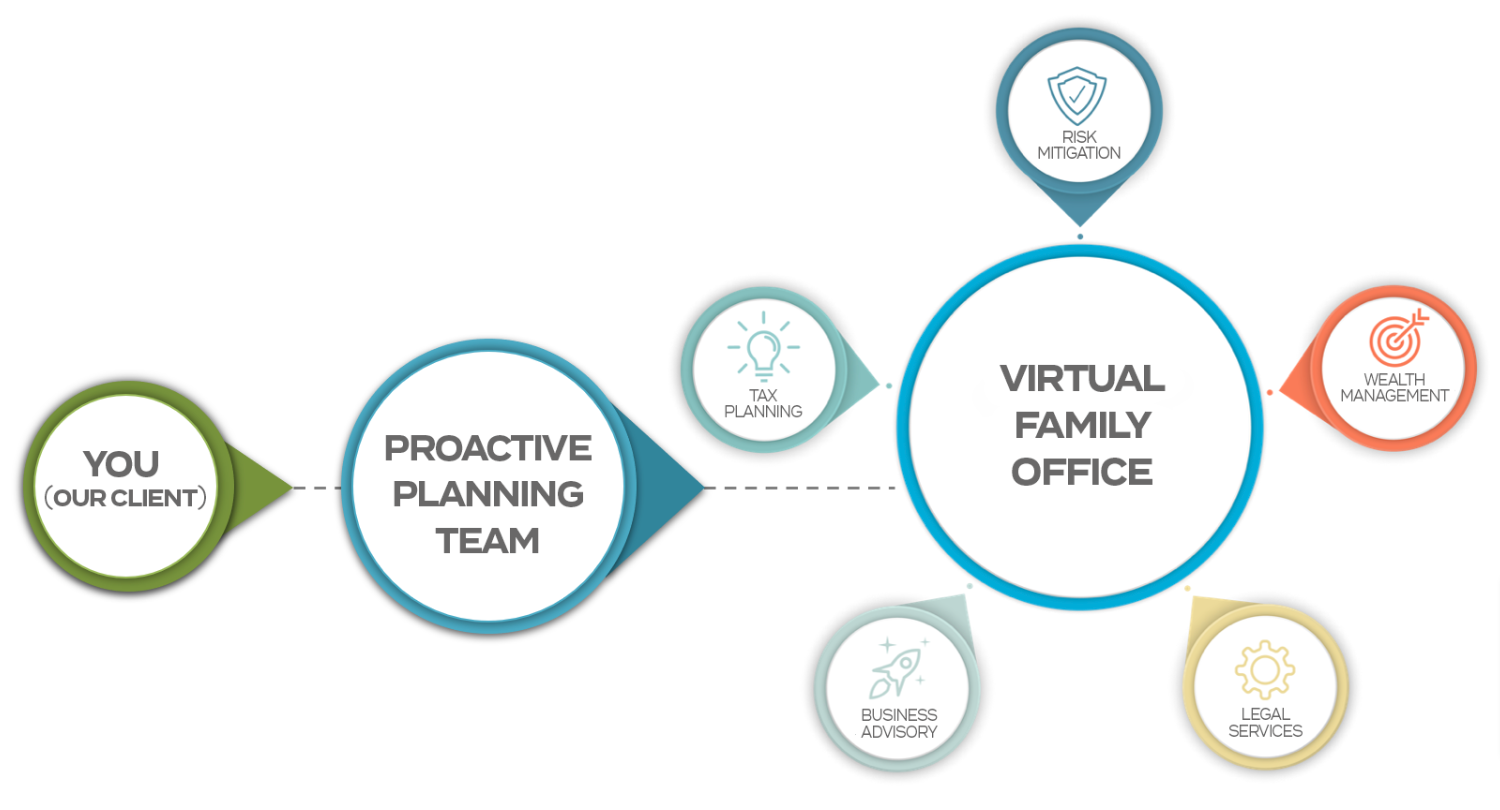Forward-Looking vs. Backward-Looking Accounting: Why Both Matter for Business Owners
“Don’t just track the past—plan the future.”

When most people think of accounting, they picture tax returns, financial statements, or profit-and-loss reports. These are essential—but they’re all backward-looking.
They tell the story of what already happened in your business.
But as a business owner, investor, or high-income earner, your real competitive advantage comes when you combine that historical view with forward-looking accounting—the strategies and insights that help shape the future of your finances.
This allows you to write the story you want to tell.
What is Backward-Looking Accounting?
Backward-looking accounting focuses on the past. It measures and reports on what already occurred, usually for compliance or record-keeping purposes.
Examples include:
- Bookkeeping entries that record last month’s transactions
- Year-end tax returns
- Financial statements prepared for banks or investors
- Historical profit and loss reporting
This type of accounting is crucial for accuracy, compliance, and transparency. It’s like looking in the rearview mirror: it shows where you’ve been, but it won’t necessarily help you steer where you’re going.
The biggest value an accountant can provide in backward-looking accounting is to provide you peace of mind that everything is being done accurately and on time to keep you compliant.
What is Forward-Looking Accounting?
Forward-looking accounting shifts the focus from the past to the future. Instead of just reporting what happened, it projects what could happen and builds strategies to improve outcomes.
Examples include:
- Cash flow forecasting
- Budgeting and financial modeling
- Tax planning before year-end
- Growth scenario analysis (e.g., “What happens if we hire 3 new employees?”)
- Retirement and succession planning
This is where you gain clarity, control, and proactive decision-making power. It’s like looking through the windshield while driving—you can anticipate turns, avoid roadblocks, and accelerate toward your goals.
The biggest value an accountant can provide in forward-looking accounting is building wealth.
Why Both Are Necessary
Relying only on backward-looking accounting can leave you constantly reacting instead of planning. On the other hand, focusing solely on projections without accurate historical data can lead to unrealistic assumptions.
The best financial strategies blend both:
- Use backward-looking accounting to ground your numbers in reality.
- Use forward-looking accounting to create strategies that optimize cash flow, reduce taxes, and build long-term wealth.
The Bottom Line
Backward-looking accounting keeps you compliant. Forward-looking accounting helps you thrive and strategize towards your goals.
Business owners who embrace both aren’t just documenting their financial history—they’re actively shaping their financial future.
If you want more than just after-the-fact reporting, consider working with an accountant or virtual family office that brings both perspectives together. The past can inform you, but the future is where real wealth is built.
See More Blog Posts







